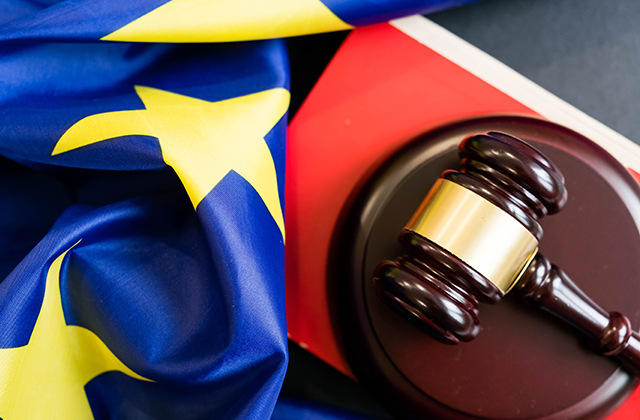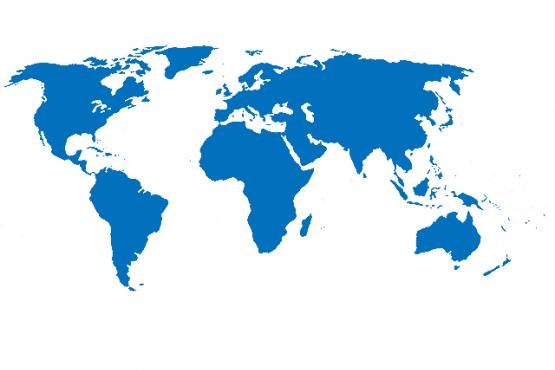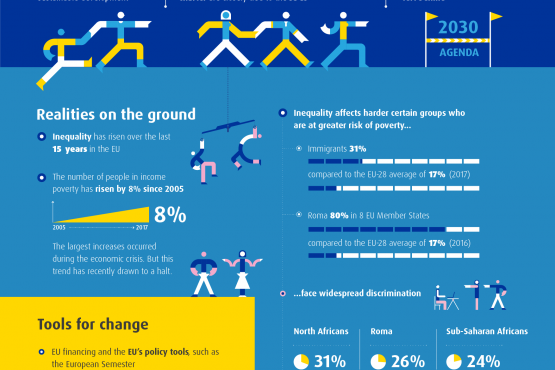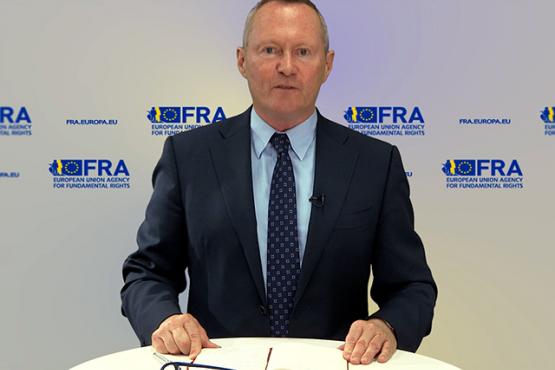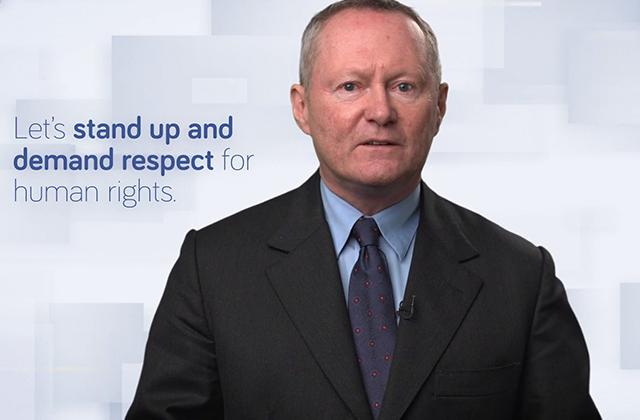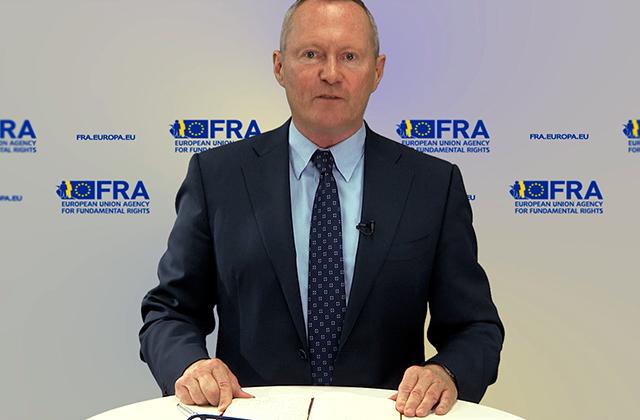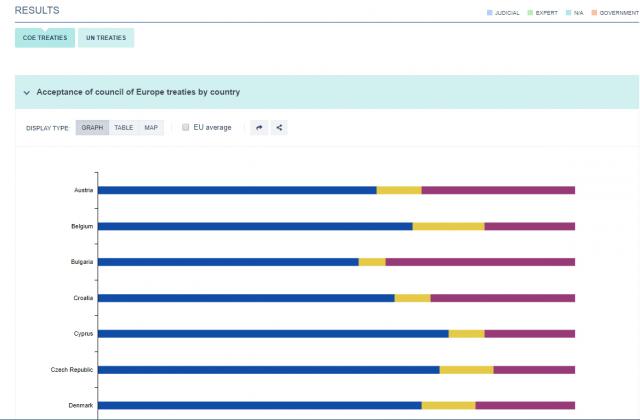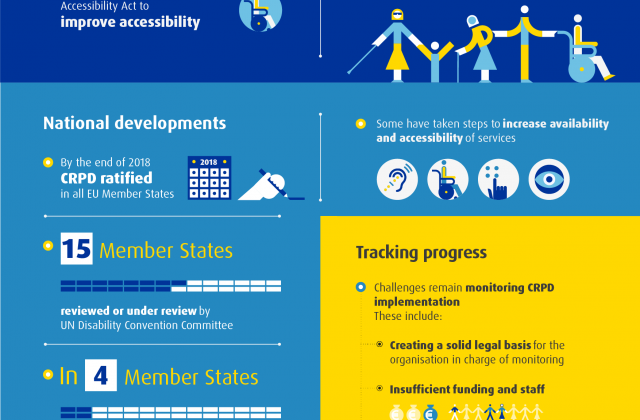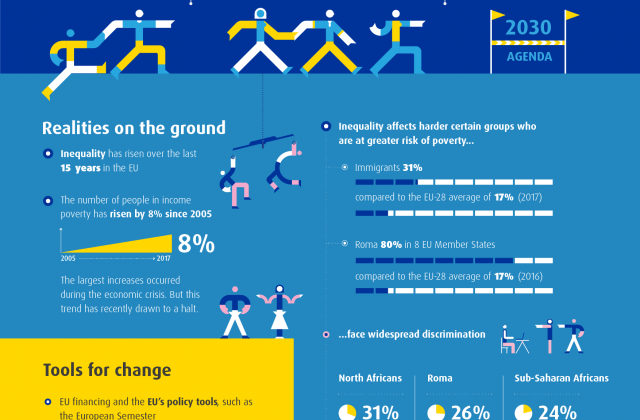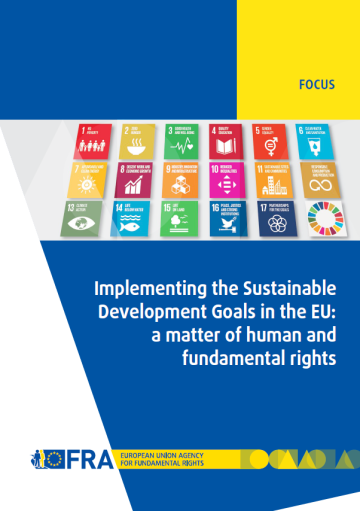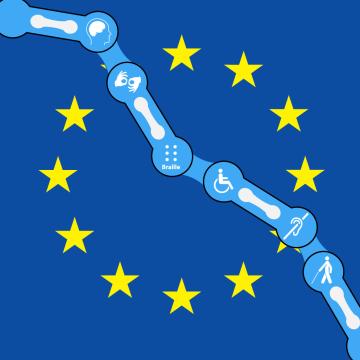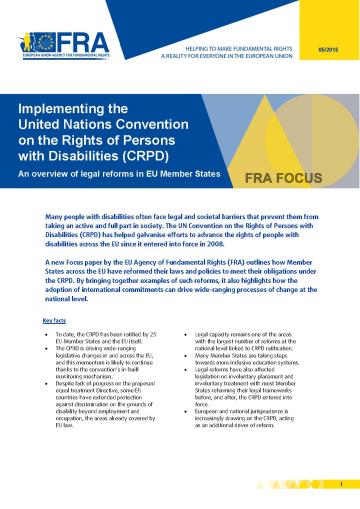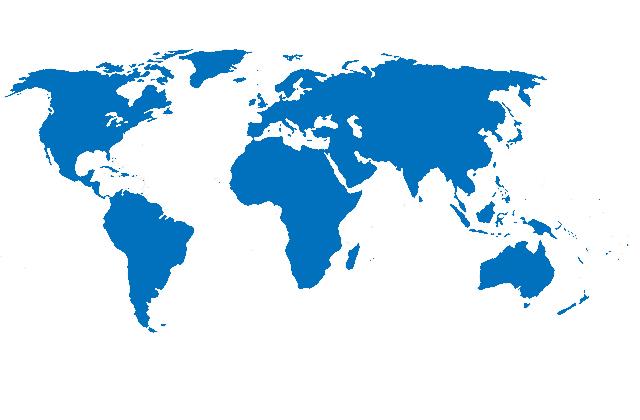Systèmes intergouvernementaux de protection des droits de l’homme
Highlights
- Report / Paper / Summary12décembre2025As the EU prepares to join the European Convention on Human Rights (ECHR), this report outlines the main changes that accession would bring, offering an overview of the legal and operational implications. Presented in a Q&A format, it provides answers to 19 key questions for legal professionals and a broader audience. It describes the steps needed to conclude accession, the expected benefits for protecting rights, and some of the challenges that may come up. This legal analysis contributes to the current discussions on EU accession.
- PageL'agence coopère avec les Nations Unies (ONU), l'Organisation pour la sécurité et la coopération en Europe (OSCE), le Conseil de l'Europe et d'autres organisations internationales. Cette coopération s'inscrit dans le cadre des dispositions du règlement fondateur de la FRA et comprend des consultations d'experts, des conférences et des séminaires, ainsi que des échanges de données et d'informations. Elle crée des synergies et permet d'optimiser les ressources afin d'éviter les doubles emplois. Elle contribue aussi à un meilleur alignement des recommandations et avis des différentes organisations en faisant en sorte que leurs travaux se complètent mutuellement.
- InfographieFundamental Rights Report 2019: Implementing fundamental and human rights helps create a sustainable future.
Here the EU plays a key role. - VidéoThis video statement by FRA Director Michael O’Flaherty was recorded for the e-conference "70 years of the European Convention on Human Rights and Fundamental Freedoms: challenges and prospects".

